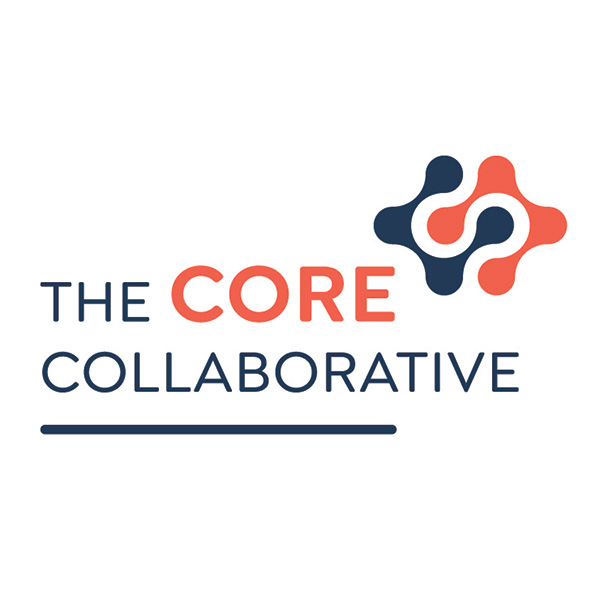Asset-based peer assessment, an educational practice where students evaluate each other’s work, has been increasingly recognized for its potential to accelerate and enhance learning outcomes by ensuring that students are at the center of their assessment experience. When integrated with asset-based formative assessment, it transcends traditional pedagogical approaches by leveraging cultural diversity as a foundational strength.
This synergy not only nurtures a more inclusive learning environment but also fosters deeper understanding and respect among students from various backgrounds. Let’s delve into the transformative power of asset-based, peer assessment highlighting its benefits, challenges, and strategies for quality implementation.
The Foundation of Asset-Based Formative Assessment
Asset-based formative assessment focuses on recognizing and building upon the strengths, skills, and competencies that students bring to the learning environment. Contrary to deficit-based models that identify and aim to remedy students’ weaknesses, asset-based approaches celebrate diversity and potential and build on what students already know and can do. This perspective is crucial in multicultural classrooms where students’ backgrounds, languages, and experiences vary widely. By valuing these differences as assets, educators can create more engaging and relevant learning experiences that resonate with all students.
The Role of Peer Assessment
Peer assessment introduces an interactive dimension to the learning process, encouraging students to engage with each other’s work critically and constructively. This collaborative approach not only enhances learning outcomes through mutual feedback but also promotes a sense of accountability and ownership over the learning process. From a cultural standpoint, peer assessment allows students to share their diverse perspectives and understandings, enriching the learning experience for everyone involved.
Enhancing Cultural Awareness and Sensitivity
Incorporating peer assessment within asset-based formative assessment frameworks can significantly enhance cultural awareness and sensitivity among students. By evaluating and discussing each other’s work, students are exposed to a variety of cultural viewpoints and methodologies. This exposure fosters a deeper appreciation for diversity and encourages the development of more inclusive attitudes and behaviors. Furthermore, it prepares students to navigate and thrive in increasingly globalized and multicultural contexts.

Challenges and Considerations
Educators must be mindful of potential biases and misunderstandings that may arise from cultural differences. It’s essential to establish clear guidelines and provide training on constructive feedback to ensure that evaluations are respectful and beneficial. Additionally, educators must be sensitive to the varying comfort levels among students when it comes to both giving and receiving feedback. Creating a supportive and trusting classroom environment is crucial for encouraging open and honest communication. These skills need to be taught and they are at the core of goal-directed behavior and strengthening self-awareness with our learners.
Strategies for Effective Implementation
- Cultural Competence Training: Equip students with the necessary skills to appreciate and navigate cultural differences effectively. This includes understanding cultural norms, avoiding stereotypes, and practicing empathy.
- Clear Guidelines and Rubrics: Develop clear criteria for assessment that emphasize the value of diverse perspectives and approaches. Rubrics should be co-created with students to ensure clarity and buy-in.
- Ongoing Support and Reflection: Provide continuous support and opportunities for reflection throughout the peer assessment process. Encourage students to discuss their experiences and share insights on how cultural perspectives influenced their evaluations.
- Leverage Technology: Utilize digital platforms (Sown to Grow, Floop, Pear Deck, etc.) and tools that facilitate collaborative learning and peer feedback. These technologies can provide accessible and inclusive ways for students to engage with each other’s work.
- Celebrate Diversity: Actively celebrate the cultural diversity within the classroom through assignments, discussions, and projects that highlight different cultural perspectives and contributions.
Foster a Culture of Respect and Collaboration
Asset-based peer assessment offers a dynamic and inclusive approach to formative assessment. It not only enhances learning outcomes but also fosters cultural awareness, respect, and collaboration among students. By embracing these practices, educators can create rich, supportive, and diverse learning environments where every student’s background is recognized as an asset to the collective learning journey. Check out our new Impact Teams TAG Protocol to ensure that students are giving and receiving feedback using an asset-based lens.


